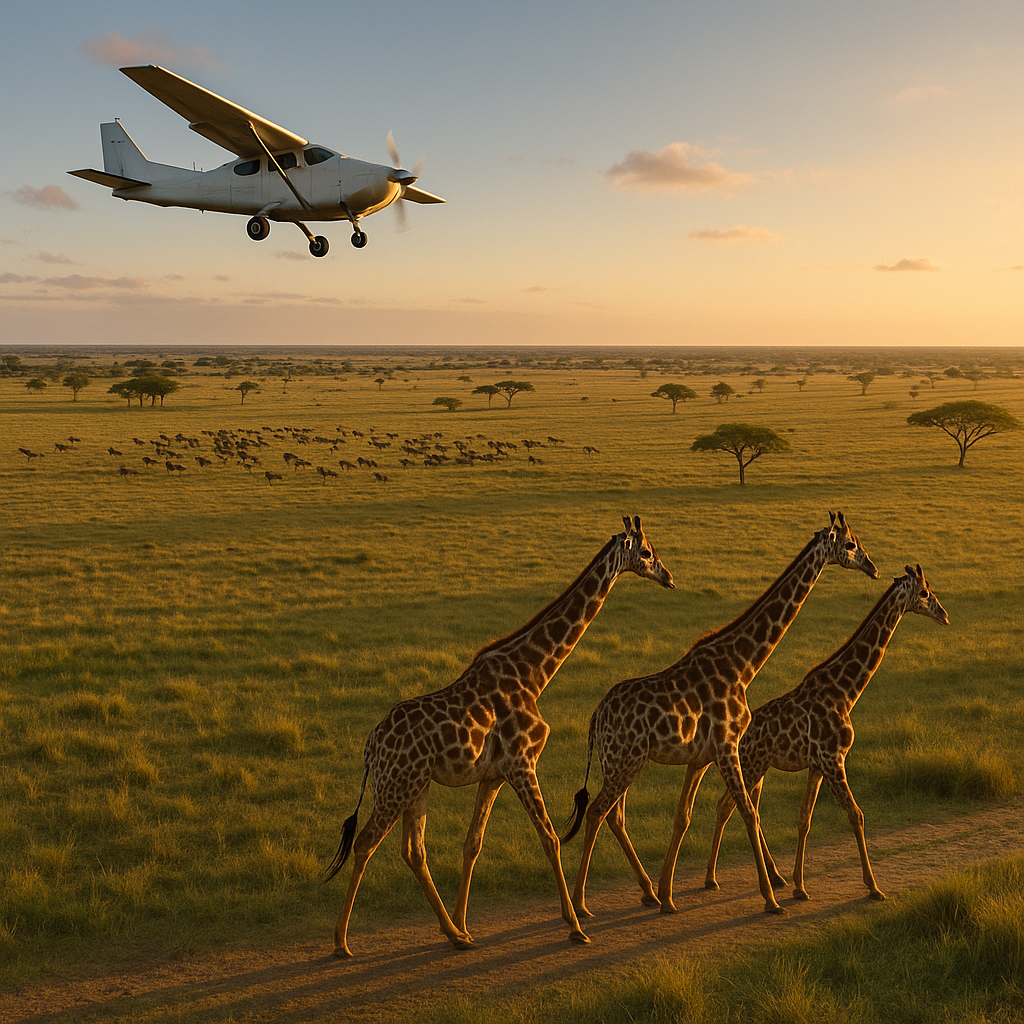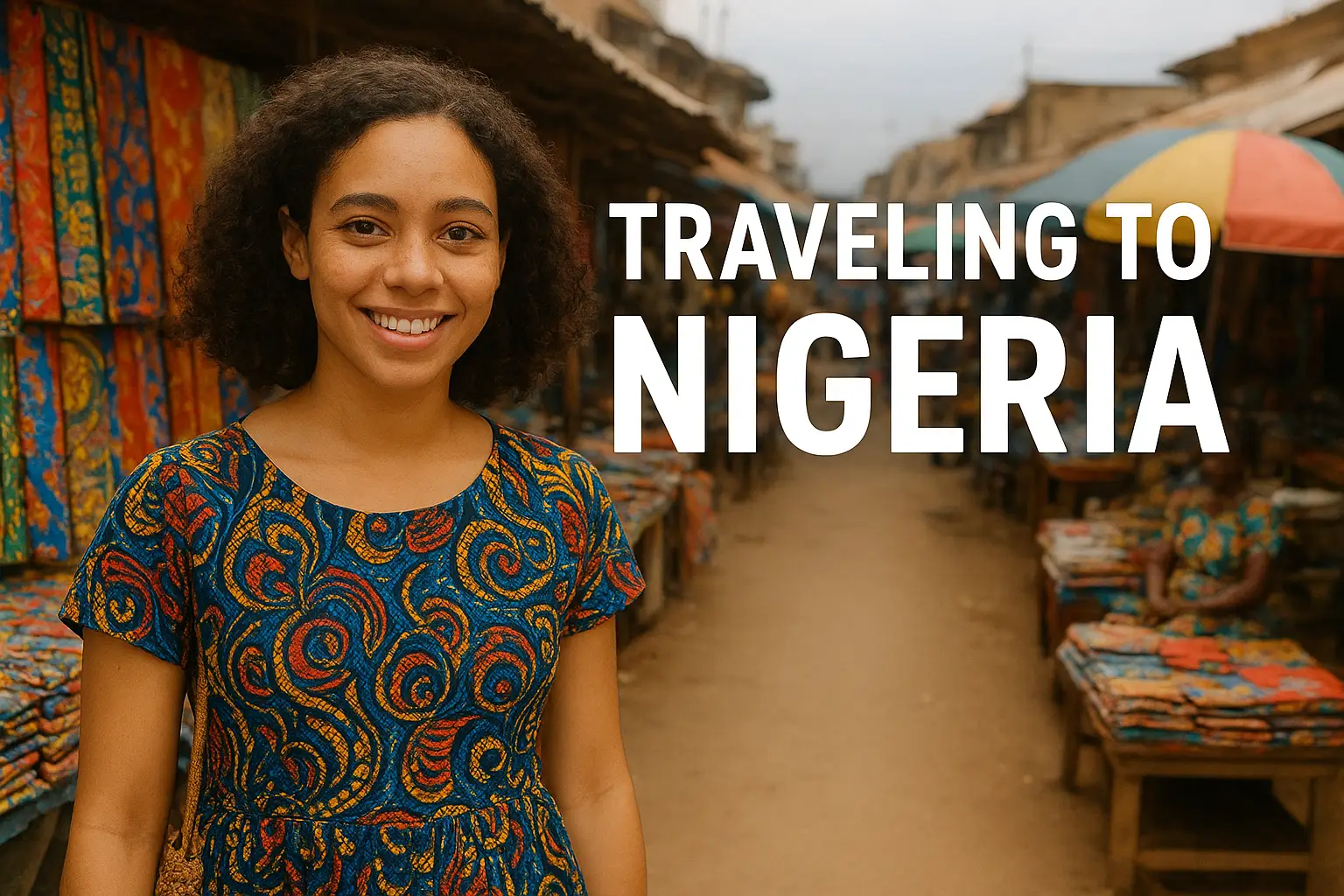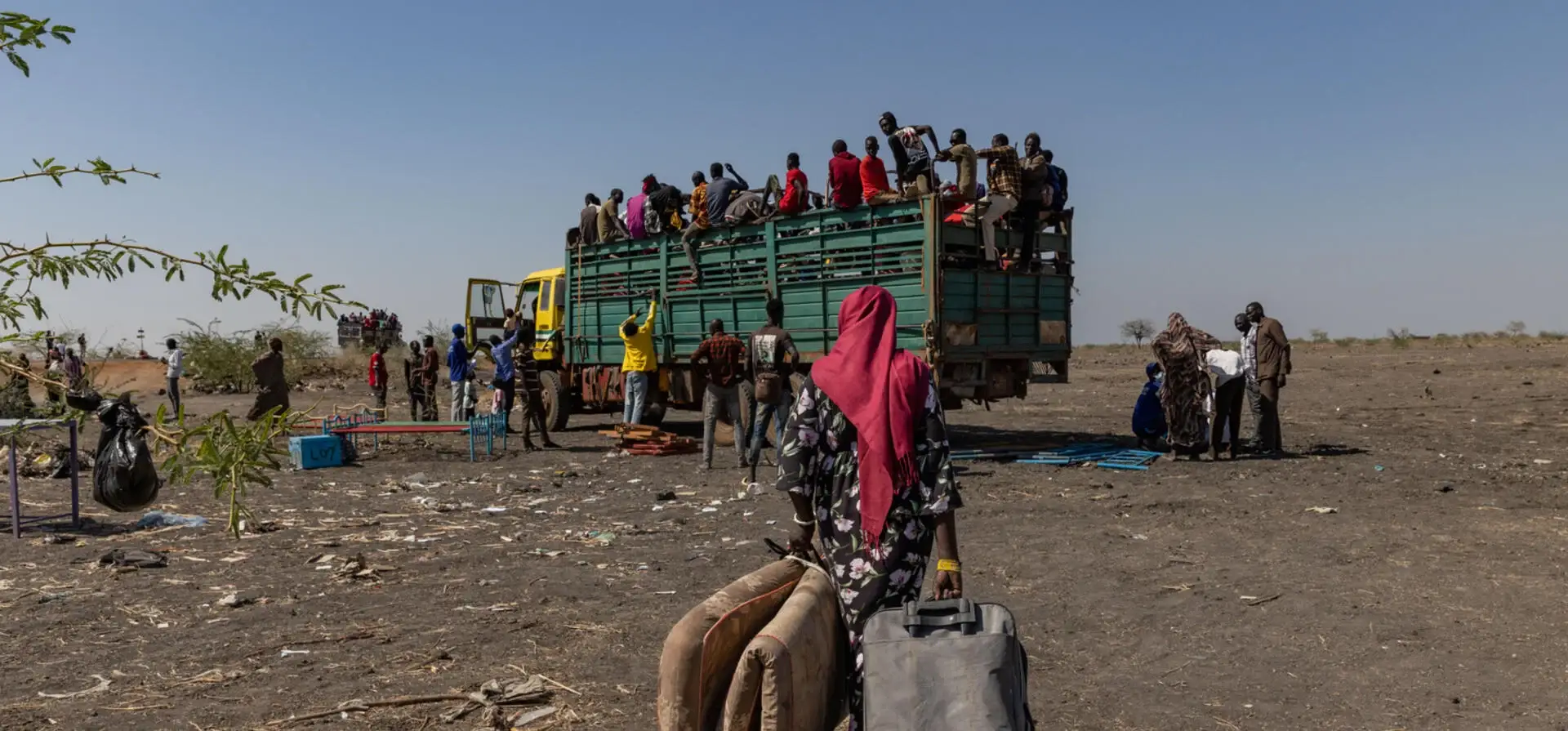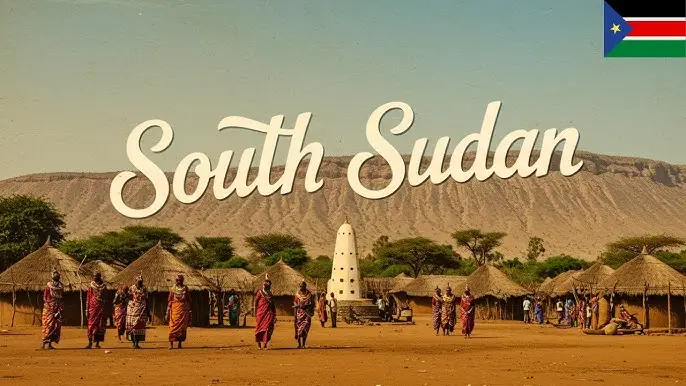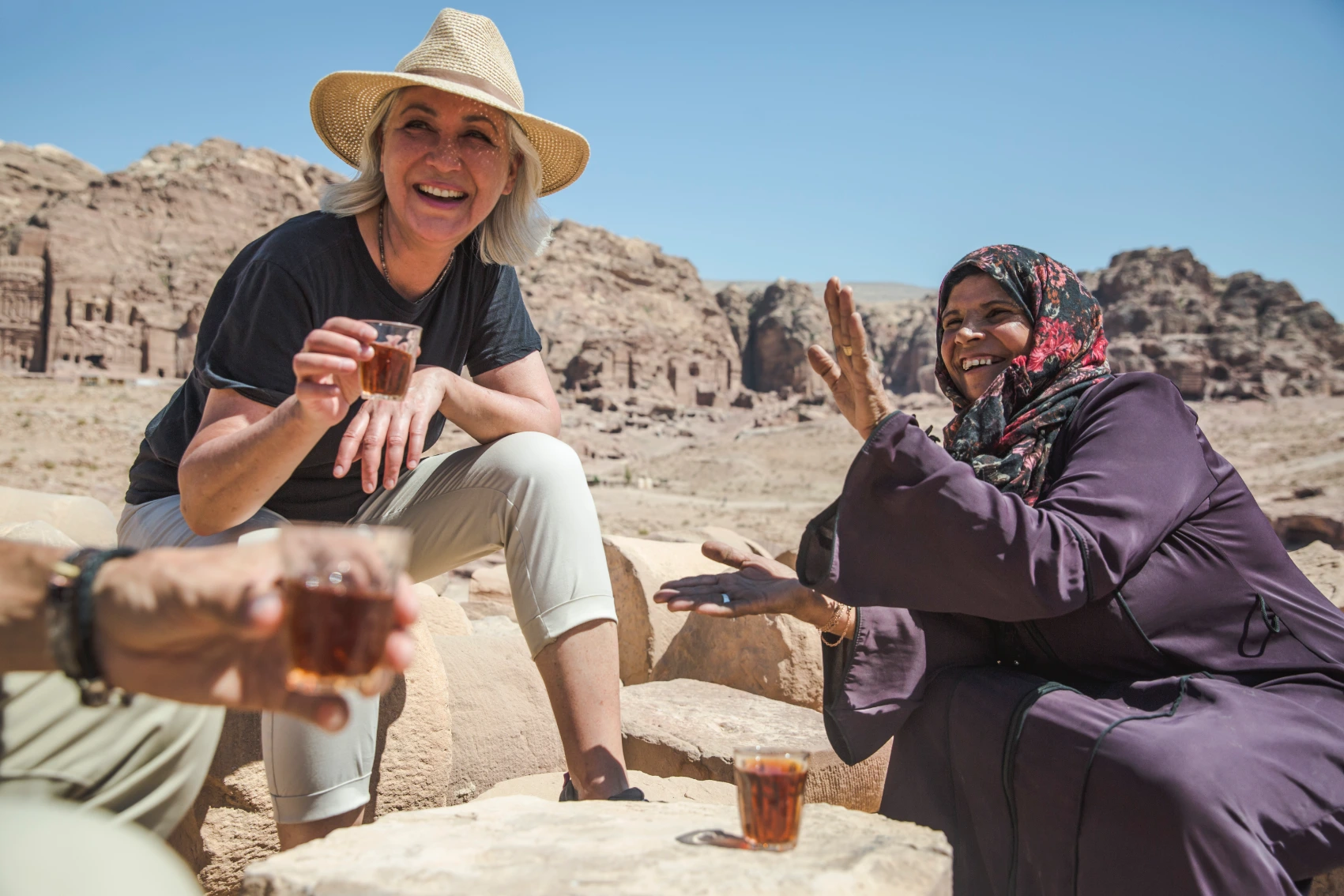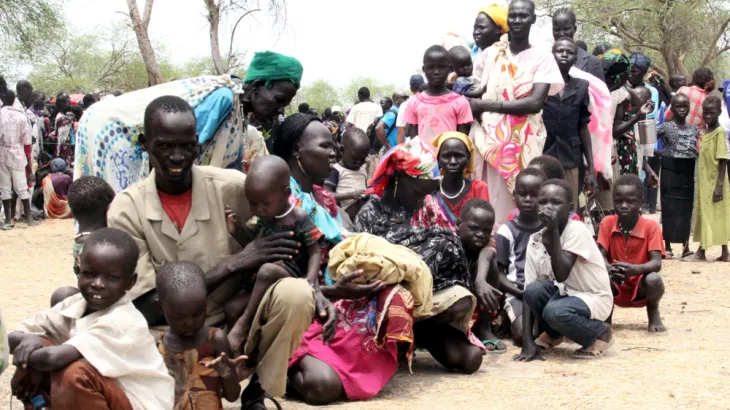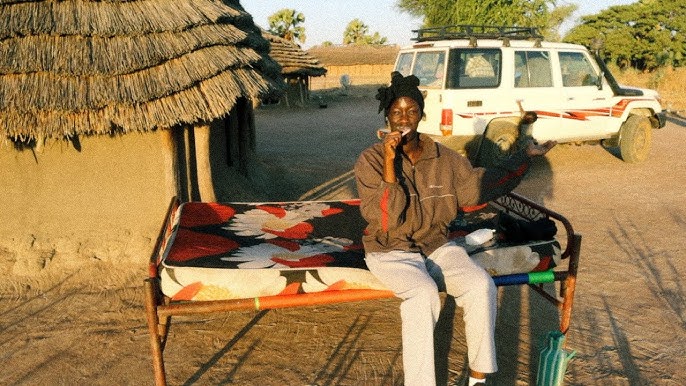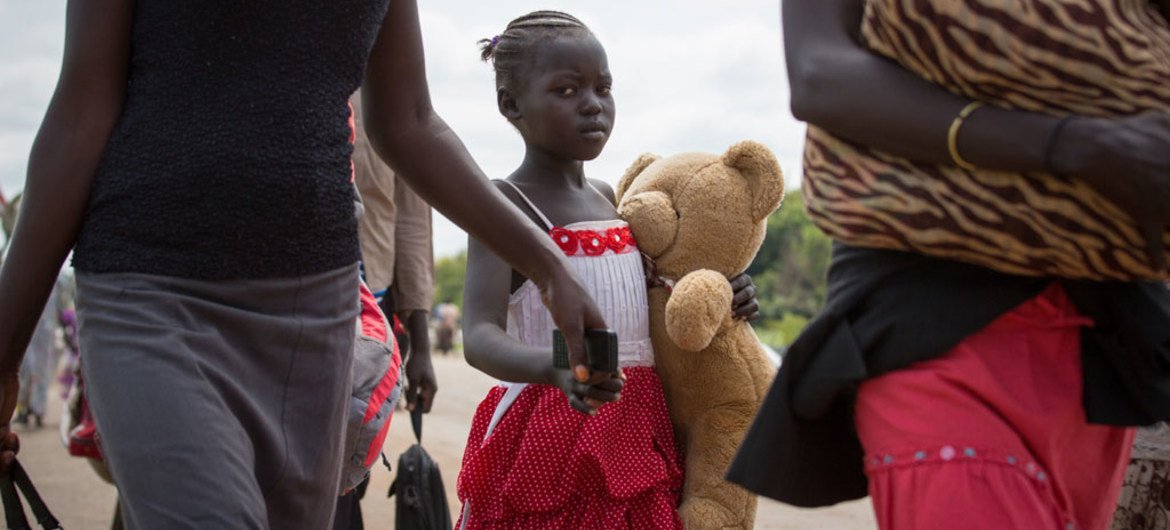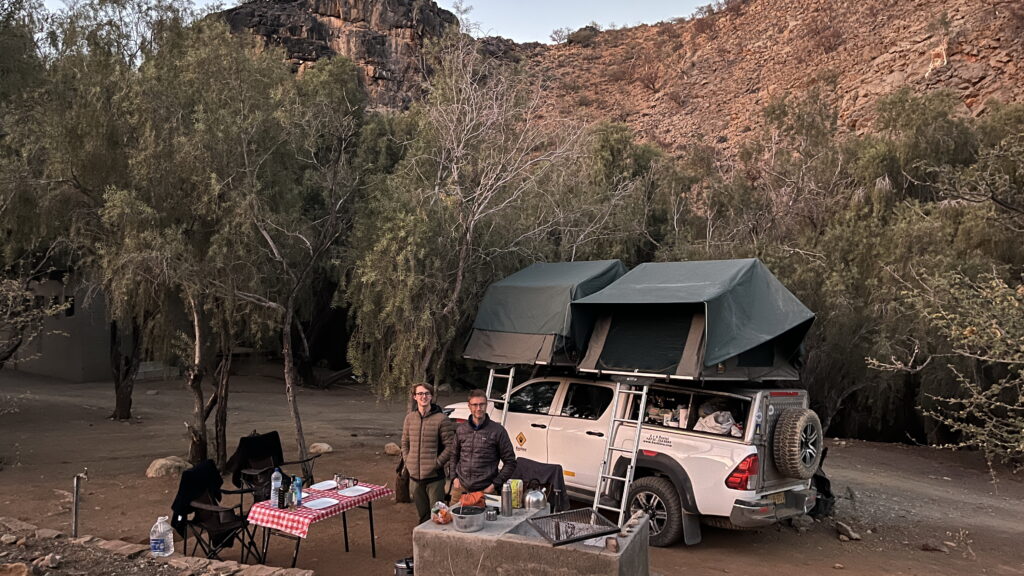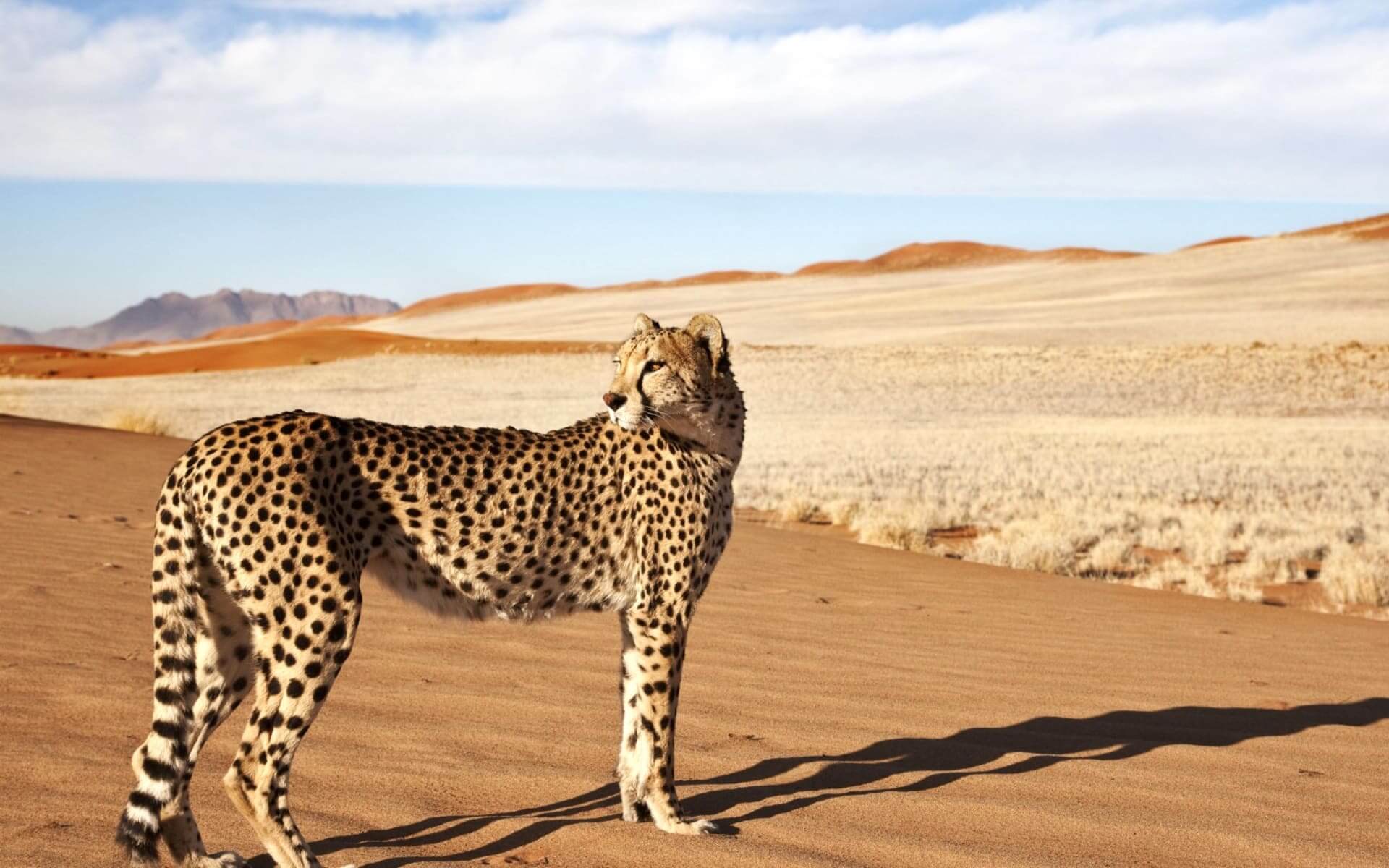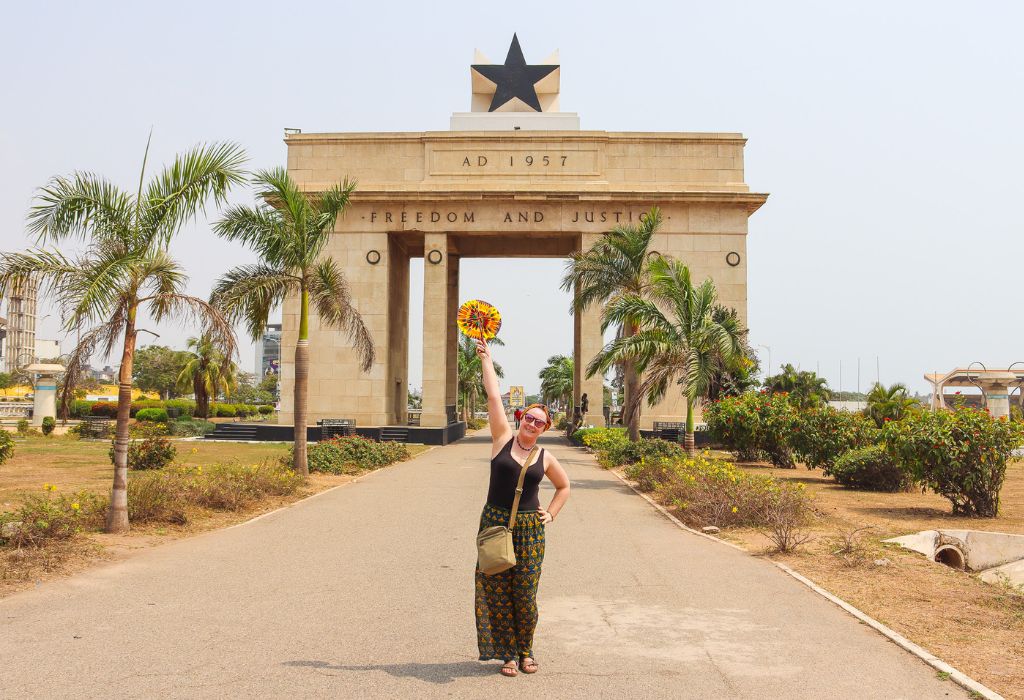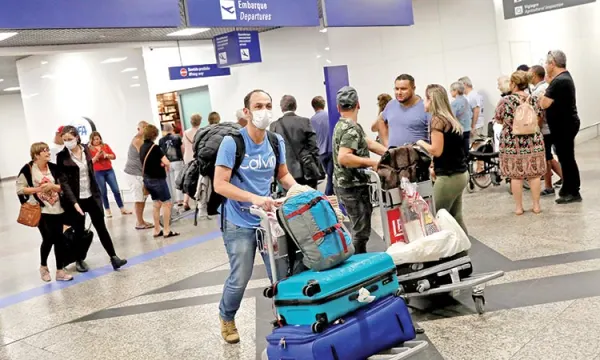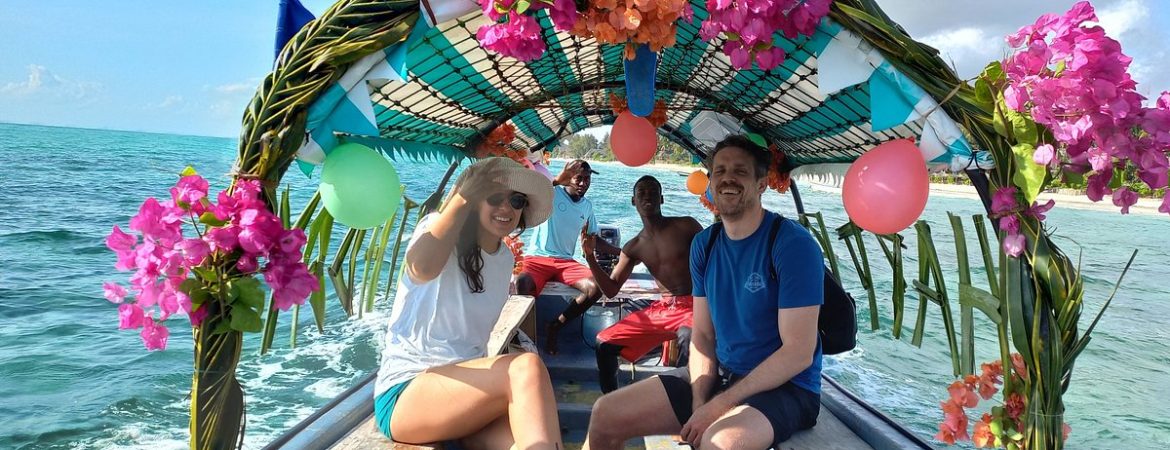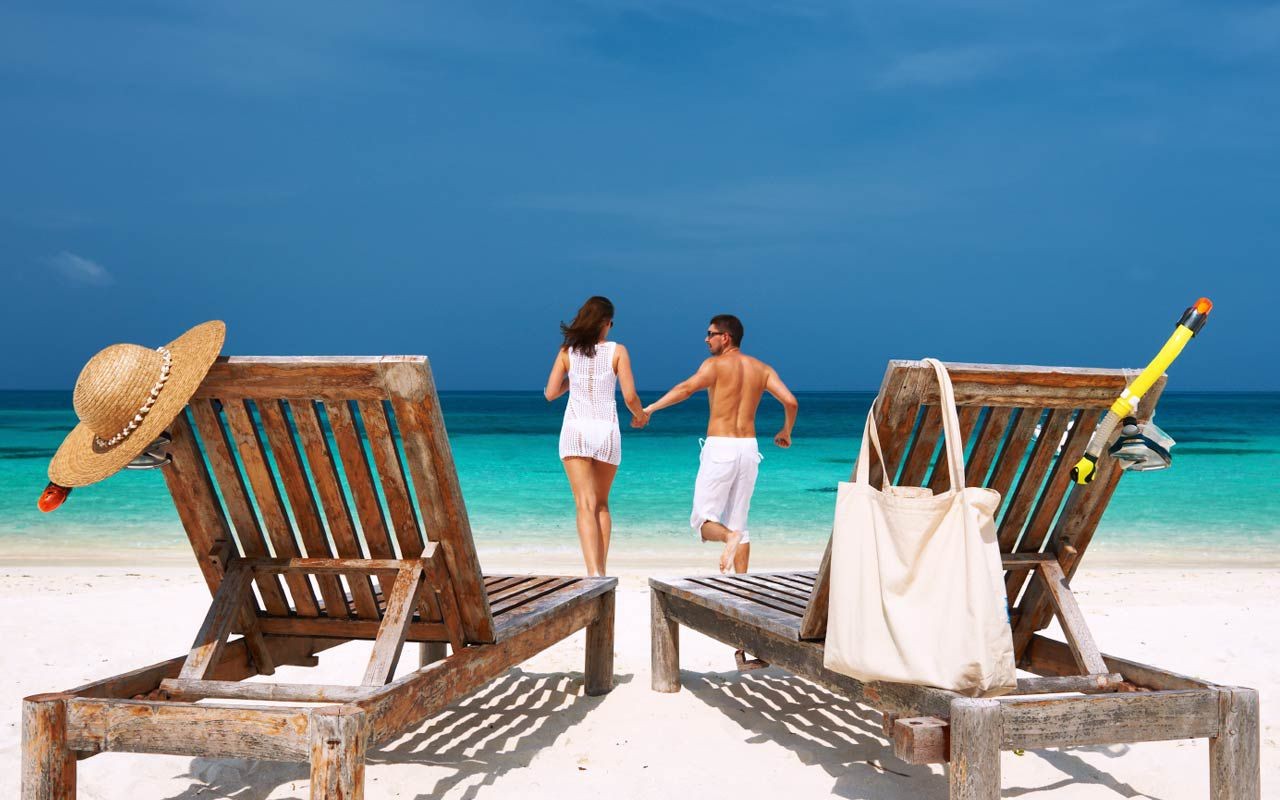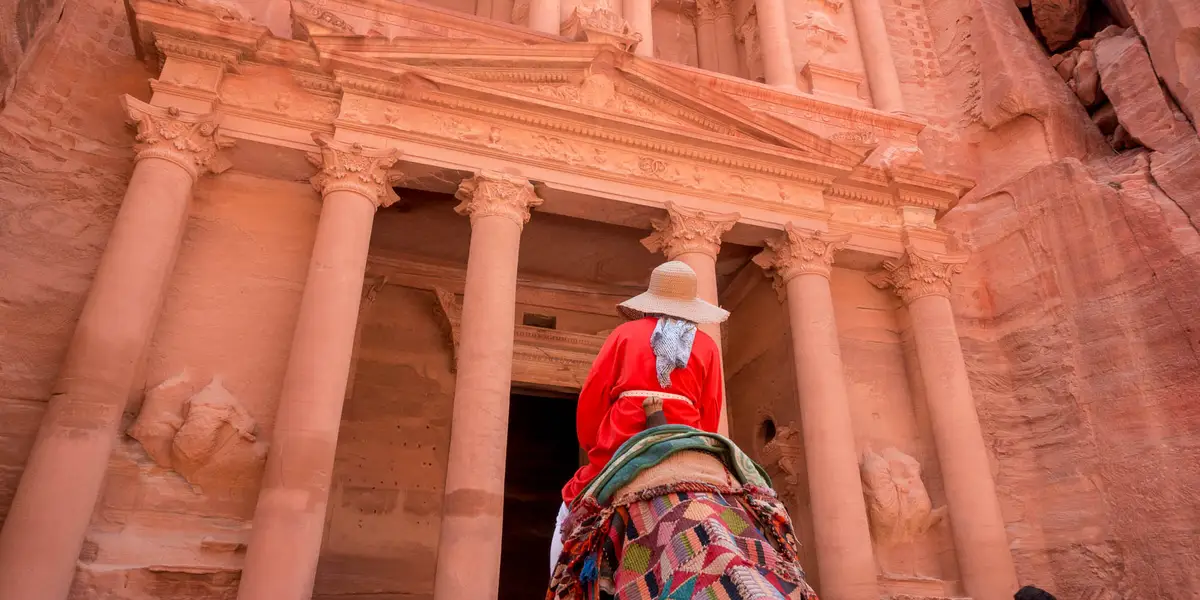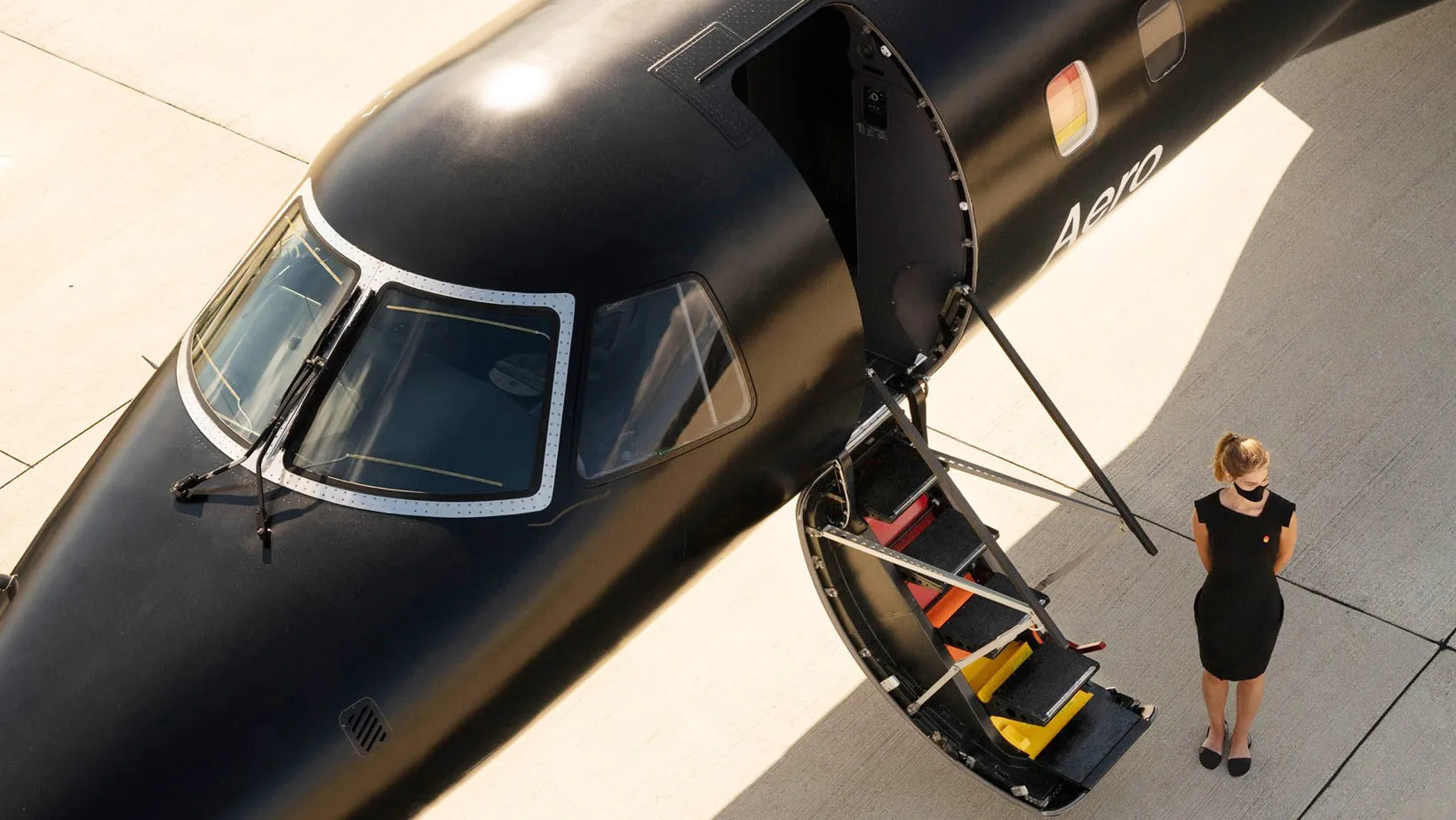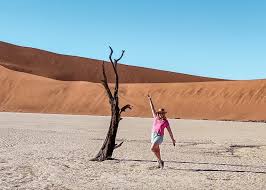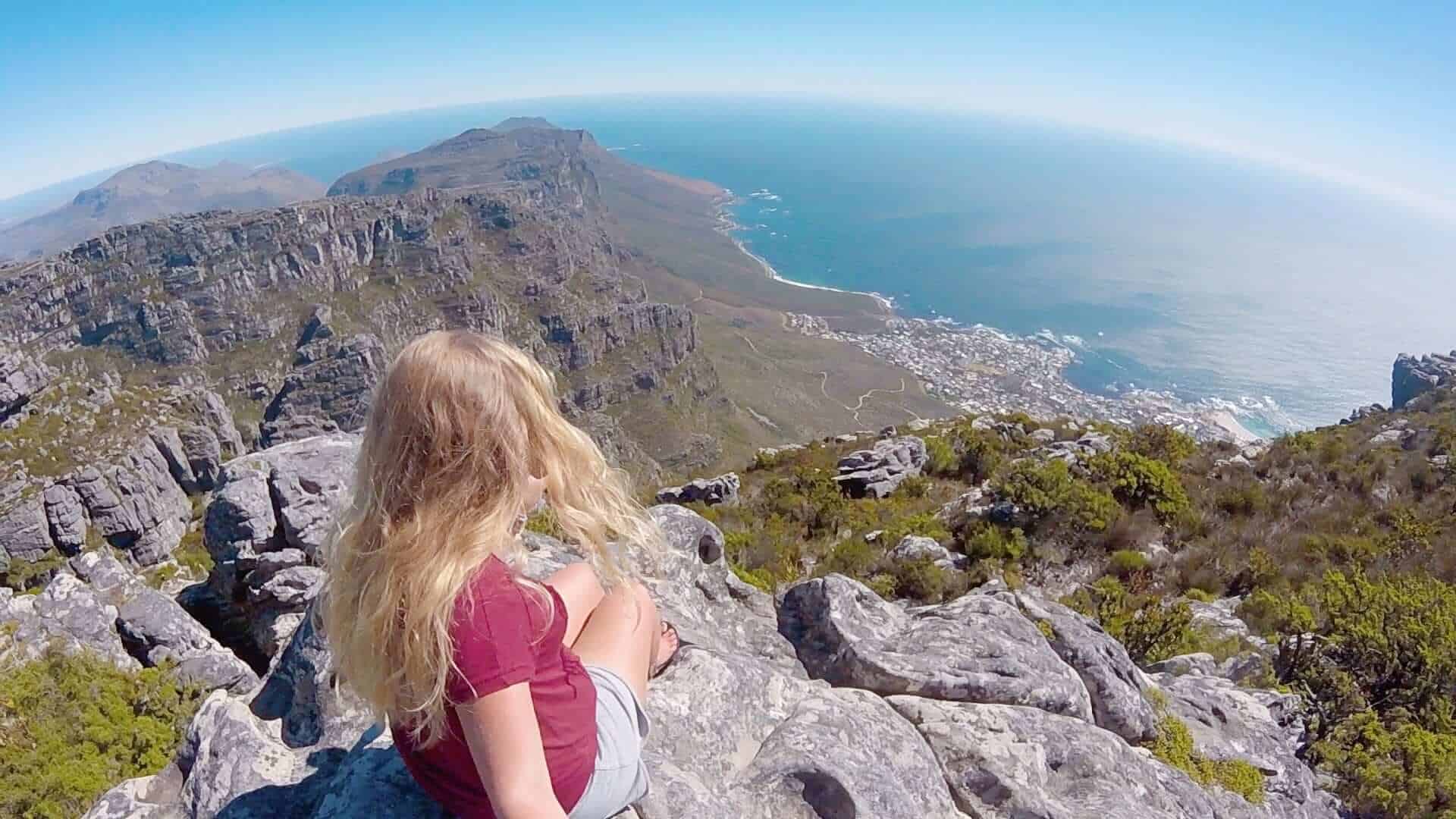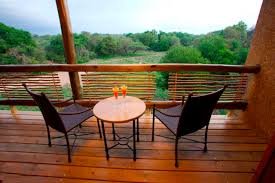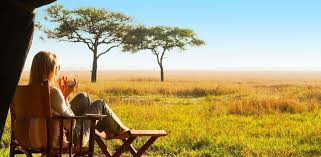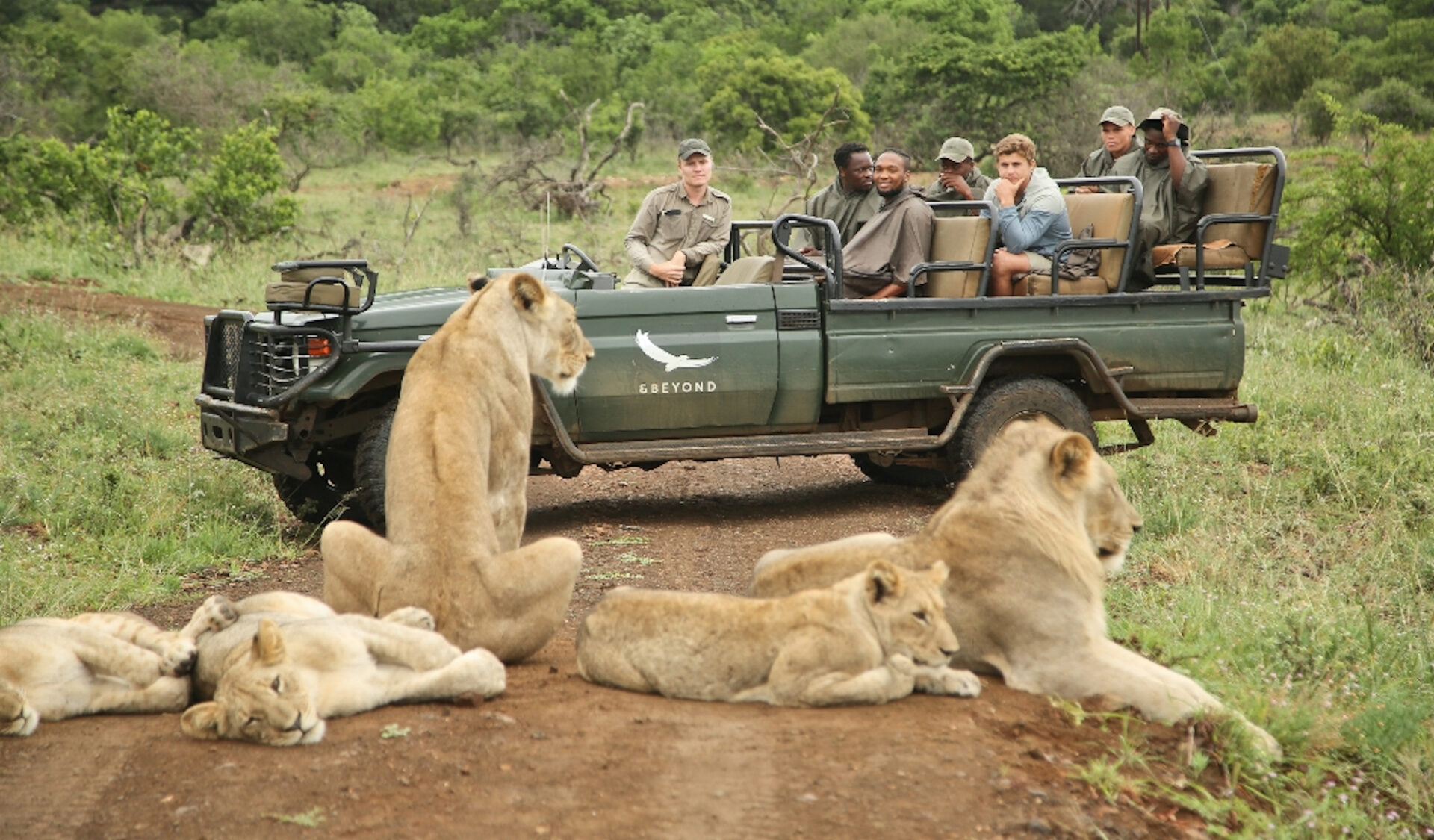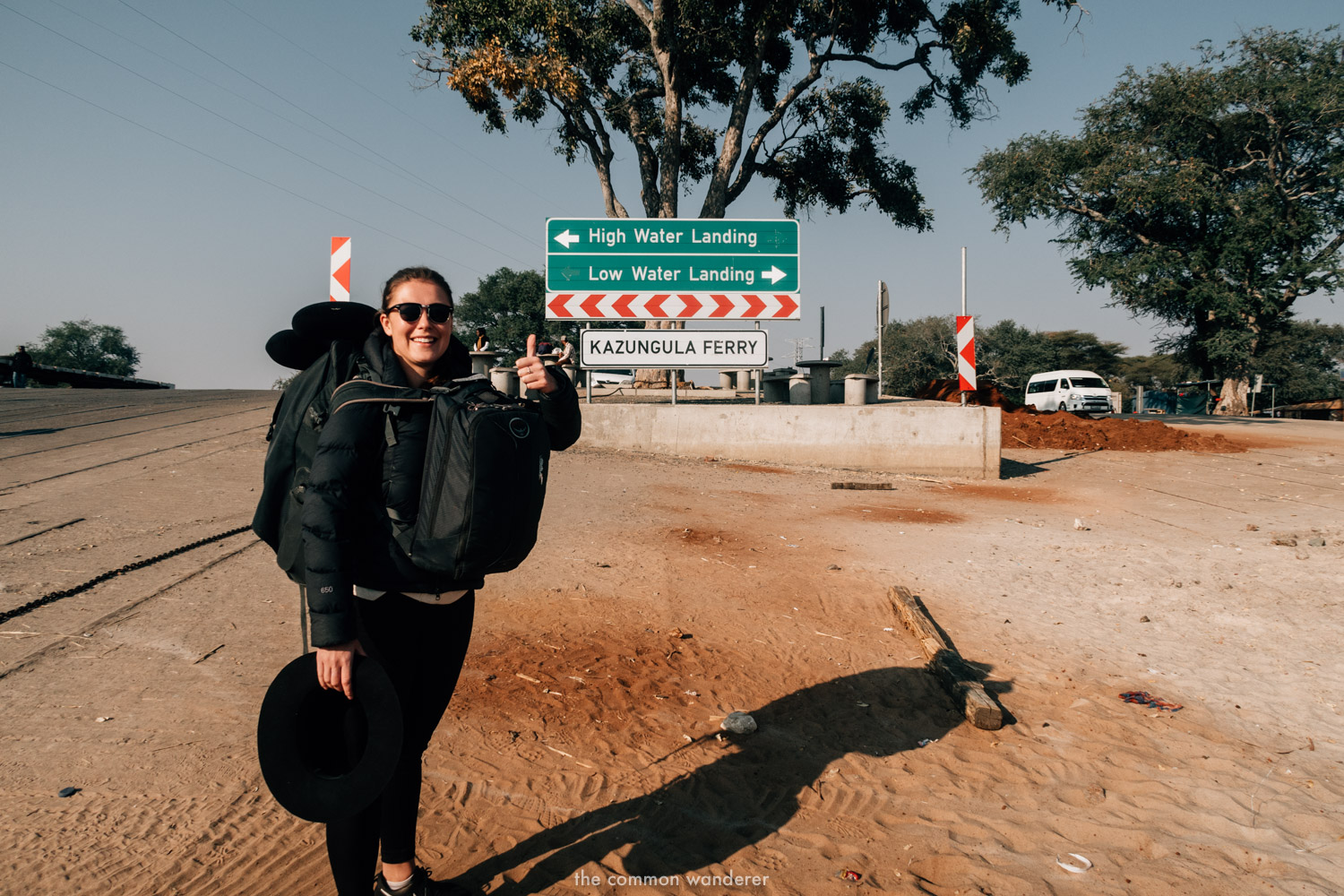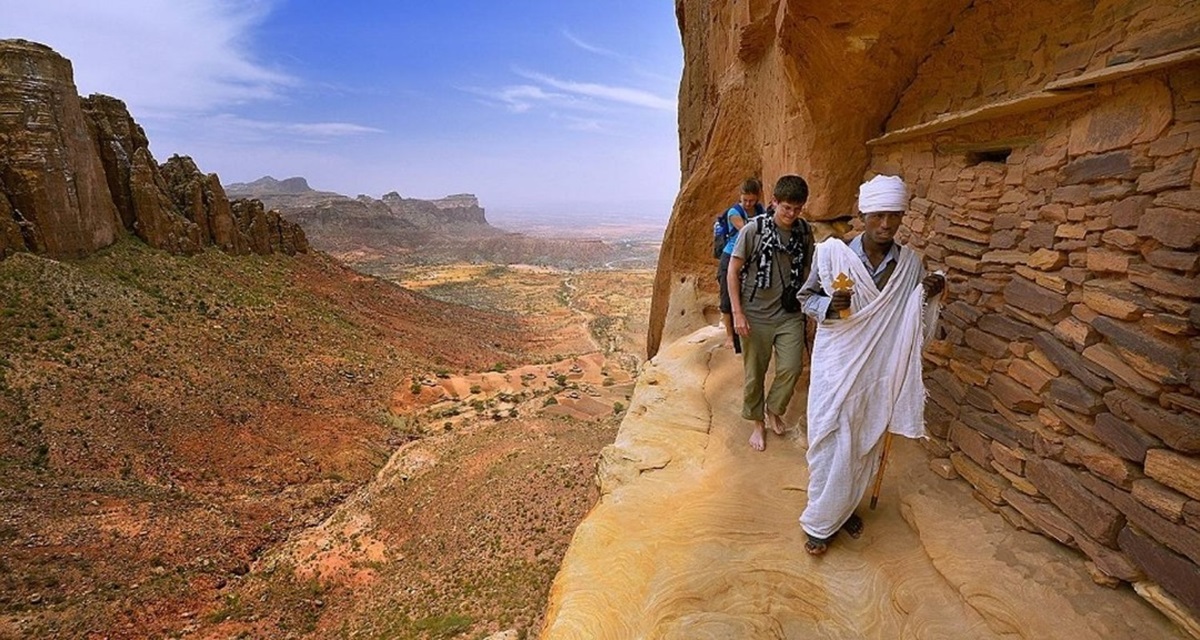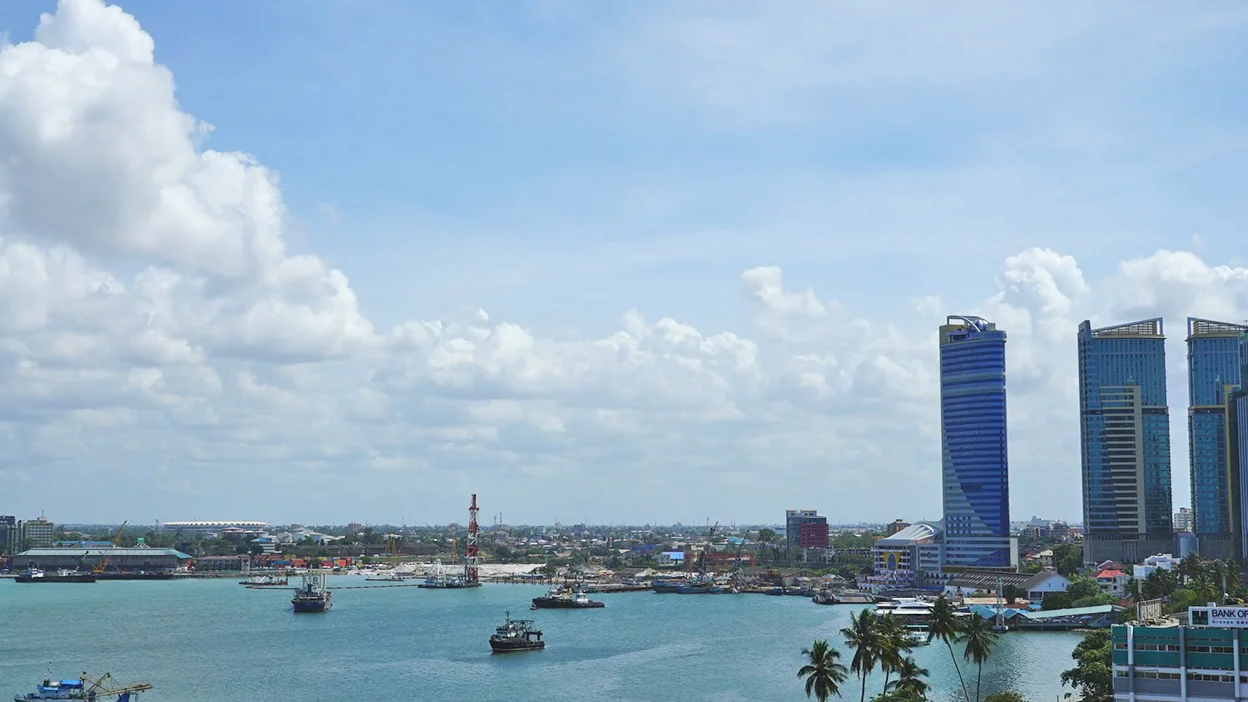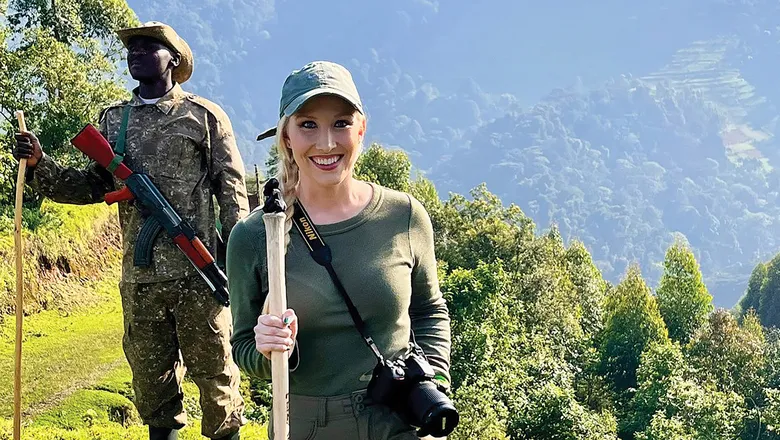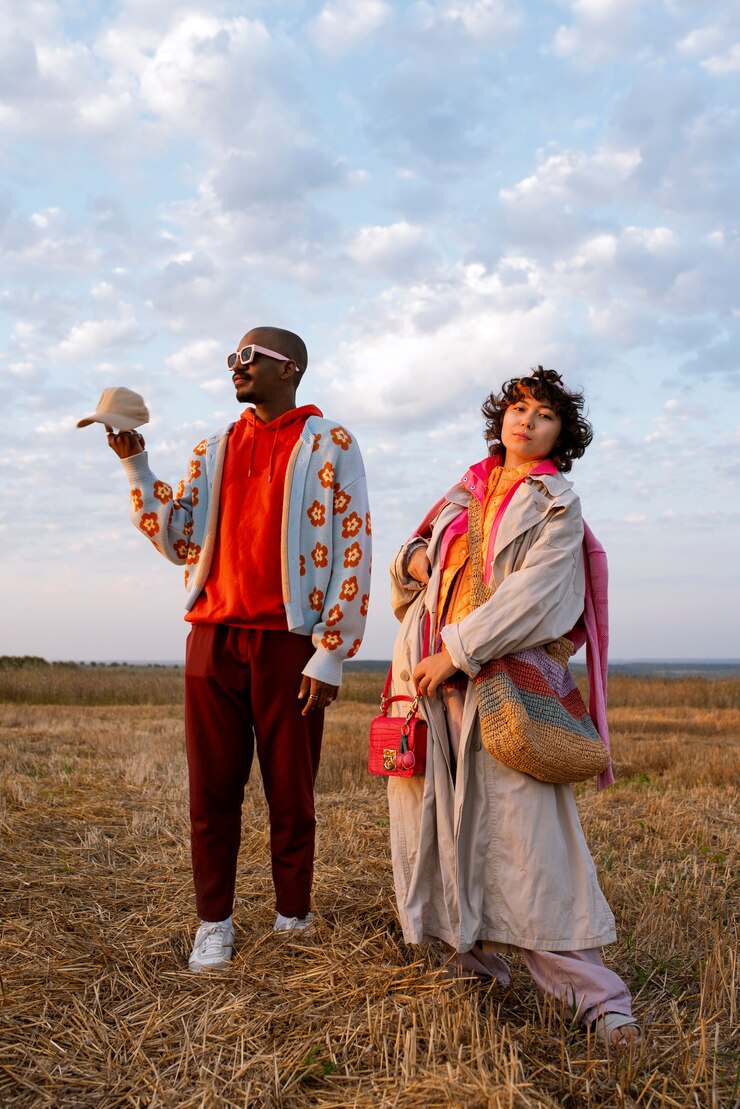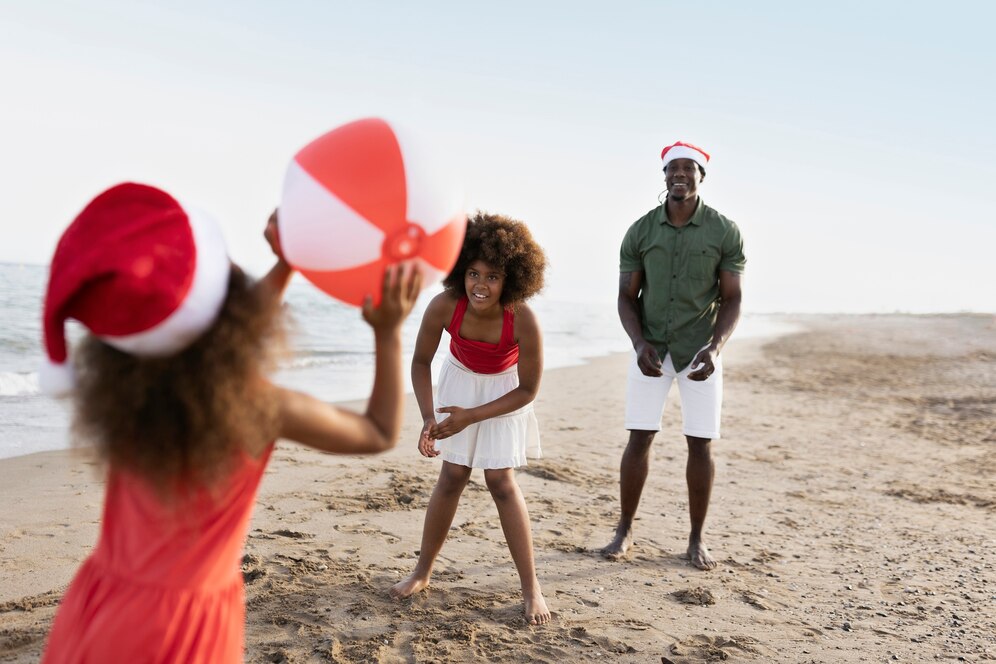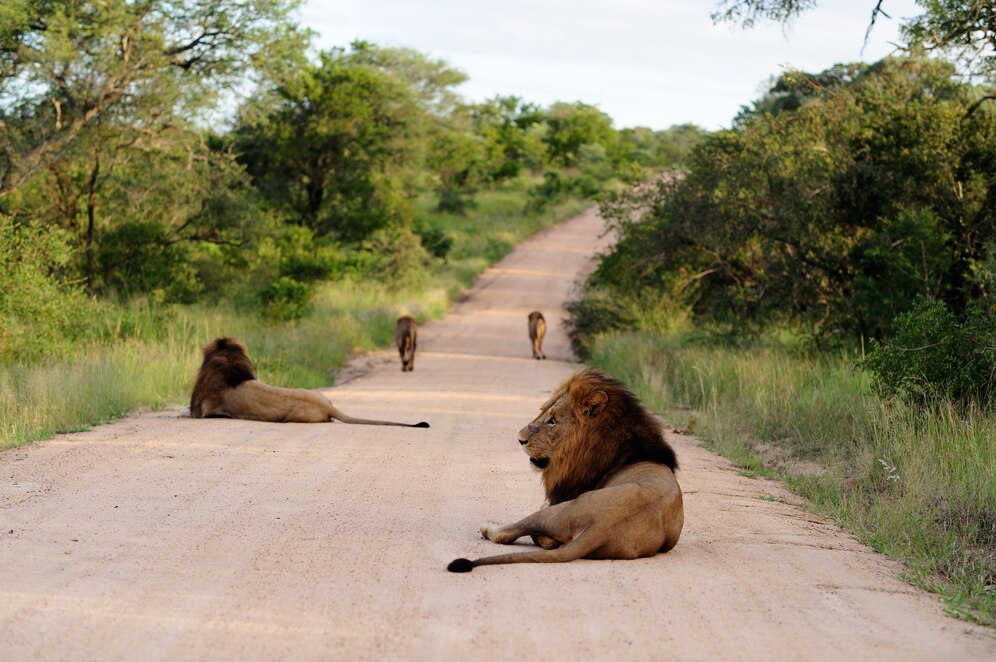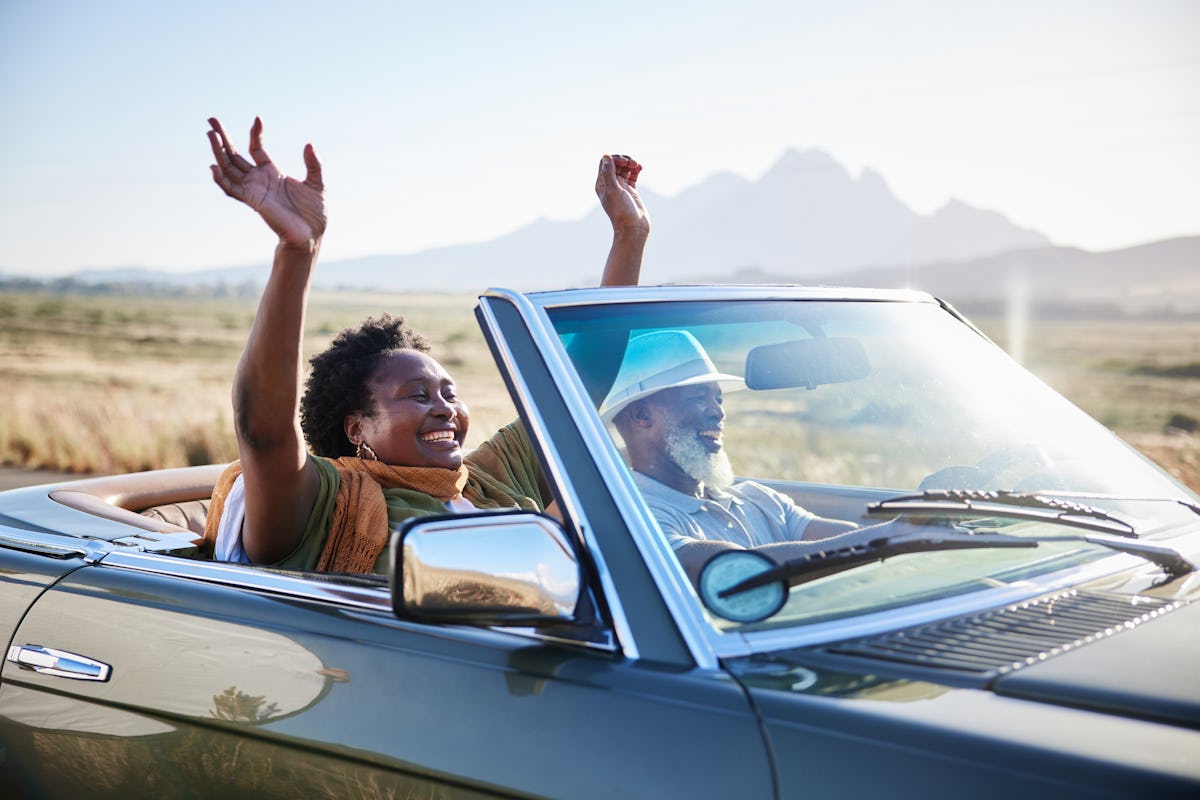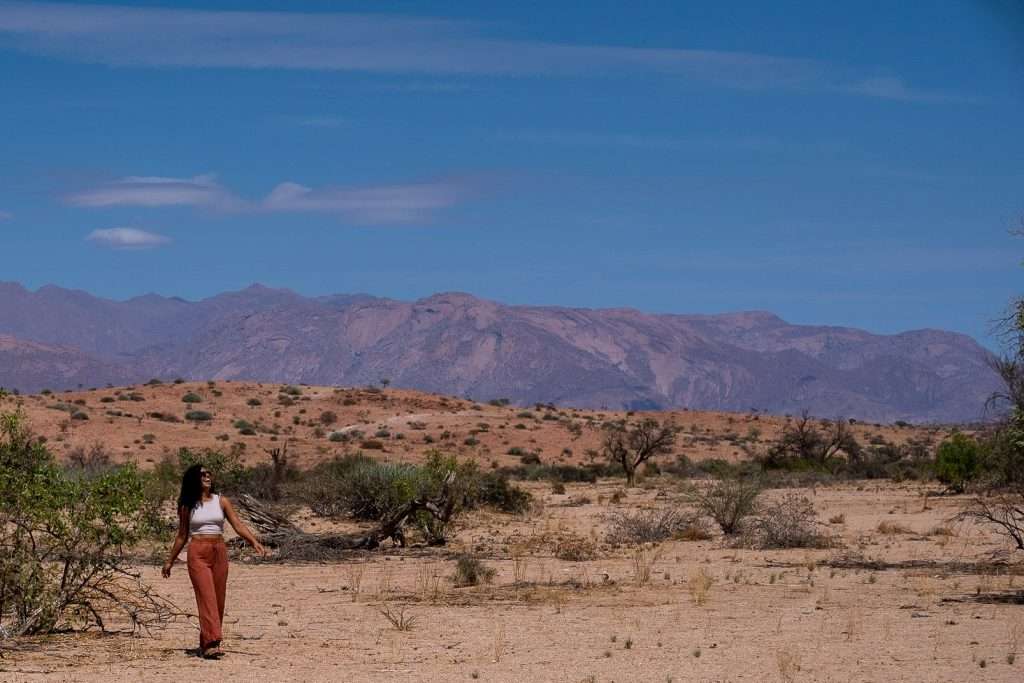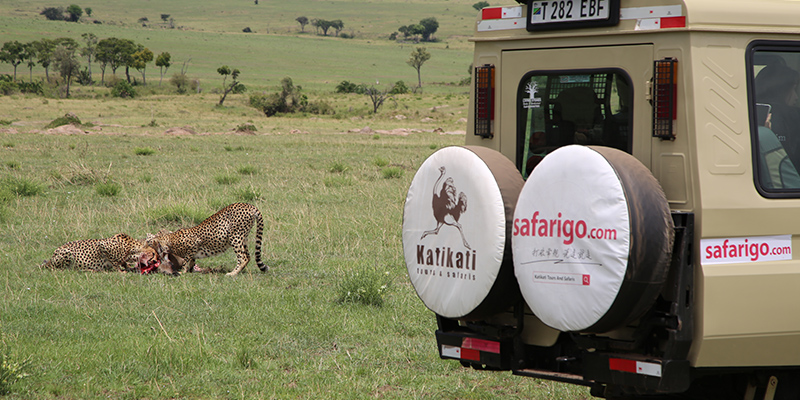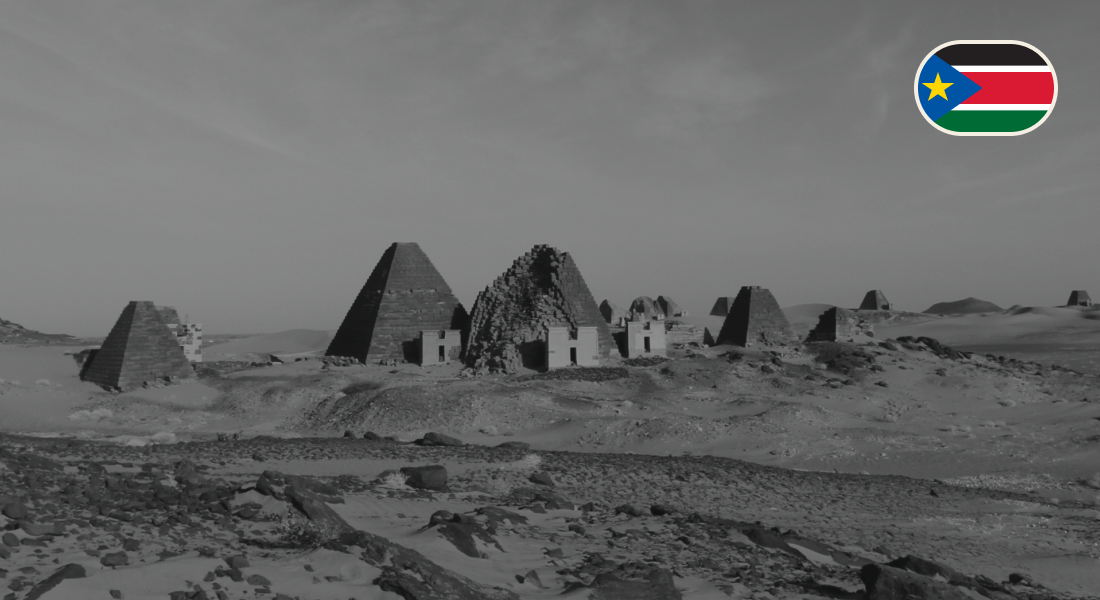
Is South Sudan Safe to Visit in 2025?
If you’re traveling through Africa and wondering if visiting Juba, South Sudan, is even worth considering, you’re not alone. A common Reddit post reads:
“I’m traveling through Africa, and I’m wondering if traveling to Juda is anything I should even consider. I know there are a lot of risks, but if I stayed in the best part of the city and only left my hotel during the day, would it be reasonably safe? Would being white make it even more dangerous?”
First — it’s Juda — and second, yes, it’s possible to have a meaningful, eye-opening visit to South Sudan if you go prepared, respect the culture, and most importantly, connect with locals.
In this article, we reveal the top hidden gems in South Sudan only locals know — especially around Juba and nearby states — plus real safety tips, practical travel advice, hostels, and honest Reddit-style insights from on-the-ground experiences.
Is It Safe to Travel to South Sudan?
Let’s be honest: South Sudan is not a typical tourist destination. Decades of conflict and ongoing political challenges have kept international travelers away. But times are changing — slowly. While infrastructure is limited, the hospitality of local communities and the raw, untouched nature make it a truly authentic experience for bold travelers.
Safety Tips:
- Corruption is a real issue. From airport officials to traffic police, you may be asked for “tips.” Stay calm, polite, and avoid confrontations.
- Photography requires a permit. Taking photos — especially of government buildings or in public areas — without one can lead to serious trouble.
- Being white (or foreign-looking) makes you more visible. But not necessarily unsafe. Locals are often curious, not hostile. Just avoid flashy behavior and be discreet.
- Day travel is best. Avoid moving around after dark unless with a trusted local guide.
- Always move with a local if you can. This solves 80% of potential issues.
Top Hidden Gems in and Around Juba

1. Nimule National Park – South Sudan’s Secret Safari
Just 3 hours from Juba by road (closer to Uganda), Nimule National Park is home to elephants, hippos, Nile crocodiles, and incredible views of the White Nile.
This wild park is under-visited but offers a rewarding, uncrowded safari experience.
Tips:
- Stay at the Eden Nile Motel or camp near Nimule town.
- Visit with a guide. A local from Juba can help arrange permits.
2. Jebel Kujur – Hike with a View
A local favorite, this small mountain west of Juba gives you the best view over the city and river. Known only to locals and adventurous expats.
Tips:
- Go early morning.
- Take a trusted driver and don’t hike alone.
3. Konyo Konyo Market – Juba’s Raw Heart
The city’s busiest and most colorful market is chaotic but fascinating.
You’ll see everything from fried tilapia to fabrics and mobile phones. Not touristy at all.
Tips:
- Don’t bring a camera unless you have a permit.
- Dress modestly. Keep valuables hidden.
4. Juba Bridge at Sunset
A walk across the bridge or along the riverbank reveals local life: tea stalls, fishermen, and an amazing sunset over the White Nile.
Pro tip: Buy a cup of sweet tea from a roadside tea vendor and enjoy it with locals.
5. Craft Market near Juba Town Hotel
Unmarked on Google Maps, but locals know it. A handful of artists sell handmade crafts, carved animals, beadwork, and fabrics.
Tip: Bring cash and bargain politely.
6. Local Cafes and Backyard Grills
Some of the best meals are found in home cafes — private homes turned informal restaurants.
Ask locals for:
- Grilled goat (nyama choma)
- Kisra (fermented bread)
- Spiced Sudanese tea (Jaba)
7. John Garang Mausoleum
A sacred place to South Sudanese, this monument honors the country’s founding father.
Caution: Respect the site. Ask before taking photos. Don’t film guards.
Hidden Gems Across South Sudan
South Sudan isn’t just Juba. There are stunning and remote regions that even many South Sudanese haven’t fully explored.
8. Torit – Gateway to the Imatong Mountains
A quiet town east of Juba, surrounded by lush green hills. The Imatong Mountains are the tallest in the country and a dream for hikers.
Tips:
- Travel with someone local.
- Ask around for local guesthouses or NGO lodgings.
- No formal tours exist, but community hikes can be arranged.
9. Wau – Cultural Gem in the West
Wau is one of the most ethnically diverse cities in South Sudan. It has a beautiful cathedral, a lively market, and access to traditional Dinka and Fertit cultures.
Tips:
- Reachable via domestic flight or UN road convoys.
- Stay at Wau Safari Hotel or local Catholic missions (if permitted).
10. Rumbek – Peaceful Central Town
Rumbek is smaller but known for its calm and safe atmosphere. Ideal for travelers seeking cultural exchange.
Explore:
- Dinka cattle camps (ask locals)
- Community-run markets
11. Yei – Once the Greenbelt
Before the conflict, Yei was known as the “green city.” Now returning to stability, it’s famous for coffee, bananas, and a peaceful vibe.
Tips:
- Check local conditions first.
- Home to some NGOs and agricultural projects worth visiting.
Where to Stay Safe: Top Hostels, Hotels & Lodges
In Juba:
1. Jebel Lodge

A peaceful hideaway in the Jebel area. Comfortable, mid-range, secure.
- Wi-Fi, breakfast, and security
- Excellent for long-term stays or NGO workers
2. Royal Palace Hotel
One of Juba’s more upscale hotels with strong security.
- Central location
- Ideal for business travelers
3. Afex River Camp
Popular with expats and aid workers. Riverside location, bar, good food.
- Comfortable and secure
- River views and social space
4. Crown Hotel Juba
Modern hotel close to the airport. Pool and gym available.
- Good for airport access
- High-end pricing
Outside Juba:
- Nimule: Eden Nile Hotel or riverside lodges (basic)
- Torit: Church guesthouses (must pre-arrange)
- Wau: Wau Safari Hotel or mission accommodations
- Yei: NGO or agricultural compound lodges (ask ahead)
Safety & Travel Tips
- Move with a local whenever possible. Ask your hotel to connect you with a guide or trusted driver.
- Respect the culture: Modest clothing, polite greetings, and no public displays of affection.
- Photography: Never take photos without asking. A license is required, especially in public.
- Travel insurance: Make sure it covers South Sudan.
- Embassy registration: Register with your country’s embassy or consular office on arrival.
- Emergency funds: Always carry USD in small denominations. Many ATMs don’t work.
Is South Sudan Worth Visiting?
Absolutely — for the right traveler.
South Sudan is a land of resilience, culture, raw beauty, and untapped potential. It is not for everyone, but for adventurers willing to step off the beaten path, it’s one of the last frontiers of travel in Africa.
From Juba’s hilltop views and hidden markets to Torit’s green hills and Wau’s cultural richness, the top hidden gems in South Sudan only locals know are best discovered slowly, respectfully, and with an open heart.
If you’re coming through East Africa, don’t just ask Reddit whether to visit South Sudan. Go see for yourself — with the right prep and people, it might just be the most unforgettable part of your journey.

